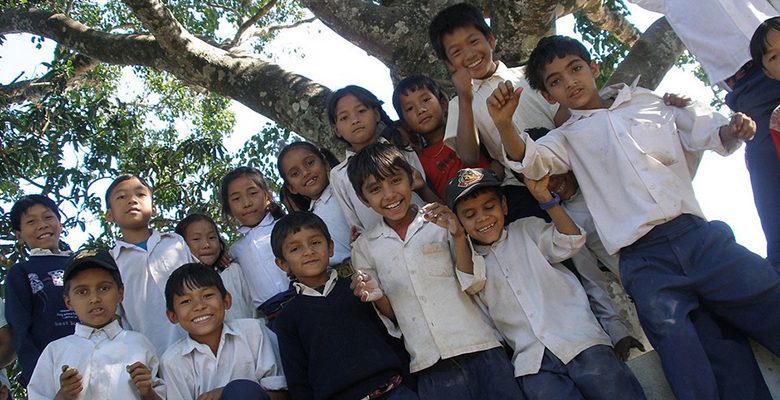This piece was written by Xavier Miranda.
Our education community must contend with a new malignant normalcy in our society.
Consider that our students have witnessed the brutal violence perpetrated by police. Consider that our students are aware of the caging of immigrant children at Tornillo. Consider that our students were impacted by the mass shooting incited by a racist leader. Consider the drug cartel violence that prompted many of our students to leave their home country. Consider the abuse and anguish our students experience at home, which results in increasing rates of suicide. Consider the impacts on our students from a toxic environment due to the disregard by elected officials.
However, there is a renewed appreciation for the role our public schools play in our society. Within that notion, the vital role cafeteria workers, custodians, paraprofessionals, and teachers has been highlighted. Unfortunately, the emphasis on technology as a cure-all, continues to be the answer that administrators and politicians embrace when considering the re-opening of our schools.
The pandemic has demonstrated the vital role teachers play in the education and development of our children. Rather than rely on top-down strategies, teachers were finally trusted to make the right decisions for our students. Consider that within the remote instruction, we still undertook the task of nurturing not only the cognitive development of our kids, but also their emotional and physical well being.
Sadly, the reliance on technology hampered the learning process in terms of accessibility and authentic interaction between teacher and student.
We now have the opportunity to reform an education system that has for the past twenty years, relegated our students to serve as cogs in an exploitative economic system. We can now reassess the purpose of education, in which creativity, diversity, and critical analysis are nurtured.
However, in light of the pandemic, we also need to consider how we go about re-opening schools. The inclusion of community is vital, and school board trustees must convey the concerns and input of constituents, i.e., parents, students, teachers, and support personnel. A precarious balancing of health, education, and funding factors, must result.
At this point in time, when budgets are being formulated, tax revenue has been reduced, and needs assessments are being conducted, and contingency plans are being finalized—it is imperative to include community. After all, it is left to parents and teachers to deal with mandates, and implement them while contending with personal challenges.
This pandemic provides an opportunity to nurture social solidarity, as well as to heed the scientific principles that promote the safety of our children and our community. It also provides us an opportunity to reclaim our schools from a neoliberal system that seeks profit through our children.
As an educator for thirty-three years, one of the primary objectives I strive to inculcate in my students is self-actualization, a component in Maslow’s Hierarchy of Needs. Sadly, it seems we have lost sight of the purpose of education, in that our current model dismisses the social and developmental stages of our children, rather, imposing standardized goals that overlook individual strengths, creativity, and diversity.
This pandemic has, in a manner, served as an affirmation to those devoted teachers that, despite being hindered by top-down mandates, continue to authentically serve our children. However, it is time for our teachers to reclaim their voice in opposing suspect technology fixes. For it is through the empowerment of teachers, that we can empower the children of our community.
Above all, consider the legacy we could leave for our children if we reclaim our schools in order to reflect the heart of our community.
Xavier Miranda is a member of El Paso Grassroots, the DSA of El Chuco, and the El Paso American Federation of Teachers.

